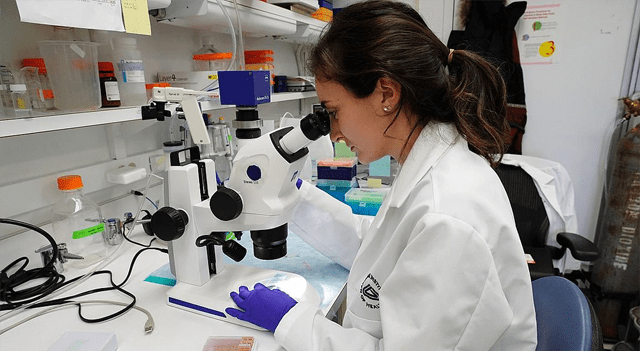Shares of Krystal Biotech, Inc. (NASDAQ:KRYS) gained 3.8% after the company released second-quarter financial results that topped Wall Street estimates, thanks to robust sales of its lead therapy, VYJUVEK, used to treat dystrophic epidermolysis bullosa (DEB).
The biotech firm posted adjusted earnings of $1.29 per share, beating analyst expectations of $1.22. Revenue came in at $96.04 million, also above the $92.24 million consensus estimate. The company saw its revenue climb 36.6% year-over-year, up from $70.3 million in the same quarter of 2024.
CEO Krish S. Krishnan expressed optimism over the company’s international outlook:
“With the approval of VYJUVEK in Europe and Japan, we are on the cusp of a global expansion that will build on our U.S. sales momentum and dramatically expand VYJUVEK access to DEB patients around the world.”
In the U.S. market, Krystal Biotech said it had secured over 575 reimbursement approvals for VYJUVEK, with nationwide access well established. Patient adherence to the weekly treatment remained strong, with 82% compliance reported at the end of the quarter. The company also reported an impressive 93% gross margin for the period.
Krystal is preparing for commercial launch in Japan before the end of 2025 following the therapy’s recent approval by the country’s Ministry of Health, Labour and Welfare. In Europe, initial rollouts are on track, with Germany slated for Q3 and France expected in Q4.
The company ended the quarter with a solid financial cushion, reporting $820.8 million in cash, cash equivalents, and investments as of June 30, 2025. Net income totaled $38.3 million, more than doubling from $15.6 million a year earlier.
Krystal Biotech also reaffirmed its full-year guidance, maintaining expected non-GAAP R&D and SG&A expenses between $150 million and $175 million.
This content is for informational purposes only and does not constitute financial, investment, or other professional advice. It should not be considered a recommendation to buy or sell any securities or financial instruments. All investments involve risk, including the potential loss of principal. Past performance is not indicative of future results. You should conduct your own research and consult with a qualified financial advisor before making any investment decisions.
